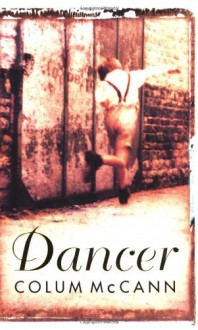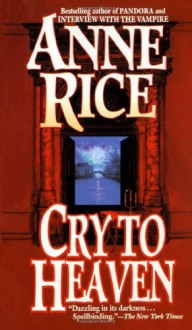
‘When you’re in front of a promotion board, one of the favourite questions is ‘So what motivates you in your daily work, Chris?’
‘Promotion? I’ll be relieved if I get through my six months. So what’s the correct answer?’
‘Oh, there are lots, you can buy them in books. But you could think about this,’ and Smith nodded towards the little group still standing at the graveside. ‘I’m just not sure how you put it into words.’
‘Revenge? Justice?’
‘For the victim – for Wayne Fletcher? Not how I see it, he’s beyond all that. Death’s the end of all. But look at the misery we’ve seen today. And it’s endless, it goes on rippling back and forwards through all these lives forever. I don’t know about justice. I’ve never seen myself on a white charger, righting wrongs – but we have to catch people so that they can’t create all this again. And so that other people get the message – you will be caught, you will pay. We never know how many selfish acts we prevent when we show people the consequences, but we have to keep showing them the consequences. These are the consequences.’
Smith had raised a hand, palm open towards the new grave.
Here we meet Detective Sergeant D. C. Smith—which isn't At. All. confusing when listening to an audiobook, "I thought he was a DS, why is everyone calling him DC?" (thankfully, Grainger explains it after a bit). He's a still-grieving widower, a long-serving detective, who has some sort of Intelligence experience in his past, has been of a higher rank, and has broken at least one near-legendary case years before. You wouldn't think this résumé would be a type, but I've read about three Detective Sergeants this year that fit that description. That's not a criticism, it's just odd. DC Smith is my favorite exemplar of this type.
DC Smith is fresh off a brief leave in the aftermath of some case that was clearly divisive in the detective squad—and we never learn the details about it (which is frustrating, yet oddly compelling, and I almost hope we never learn the details about it), and is assigned to a new DI. Alison Reeve used to be a protégé of Smith's, making things a bit awkward, but she also trusts him a lot more than other superiors seem to. He doesn't have a team at the moment but gets to train a fresh DC, Chris Waters. Waters is an excellent device to get readers to see how Smith thinks/acts, because he has to keep explaining to Waters why he's doing what he does.
For his first few days back, Reeve hands Smith some busy work including an anti-drugs presentation at some schools (quick aside—I loved his presentation, reminiscent of Bill Hick's bit about the "this is your brain on drugs") and a final sign-off on the paperwork about an accidental death. There's a note on the autopsy that niggles at Smith and he starts looking into the accident. The initial investigation and paperwork were done just right, but . . .
Smith remembers a former colleague saying:
If you’re going to start turning over stones, you’ve got to turn them all over, every bloody one, even the littlest pebble…
Nevertheless, Smith starts turning over stones. And then more stones and more. Before he knows it, Smith and Waters find themselves mixed up in something nobody could've predicted—international intrigue, military secrets, family secrets, political pressure, and so on.
All leading to a great conclusion/face-off that will show off new sides of Smith (and show a Waters' mettle), with a postscript that seems predictable (but I'm not sure it was supposed to be)—but ties off the novel so nicely that I don't care.
I've listened to one other book narrated by Gildart Jackson (Fated by Benedict Jacka), and while I thought he did fine with that one, he really seemed to connect with the character and the way he handled the narration and character voice seemed to fit the words/tone perfectly. I almost think I couldn't read a future book in this series in print, I might have to come back for more.
There's something about this one that got under my skin more than a typical procedural does—it's maybe DC Smith, it's maybe Grainger's style (there's a lot of subtle humor in a dark text)—it's a Gestalt thing, I think. I really dug it.
Early on, Smith tells a couple of Fletcher's friends:
‘As much as we might like this just to be about the facts, it never is. It never can be because people are always more complicated than facts.
Not only is that a catchy little bon mot, having a character who bases his work on it is about as good as "Everyone Counts or Nobody Counts" for his readers. An Accidental Death is a compelling read exploring an event that is more complicated than just facts and that'll leave you wanting to come back for more.
This is checking off the "A book recommended by someone you trust." box from the While I Was Reading Challenge, so I should probably mention that my friend, Micah, has been telling me to read these books (he additionally recommended the audiobooks, which is why I went audio with this one) since December 2017 (according to Goodreads). I really should've listened to him long before this. Not only does he have great taste, he's a great photographer, take a moment to stop by his spiffy website and see.
 |
✔ A book recommended by someone you trust. |




 Log in with Facebook
Log in with Facebook 



























